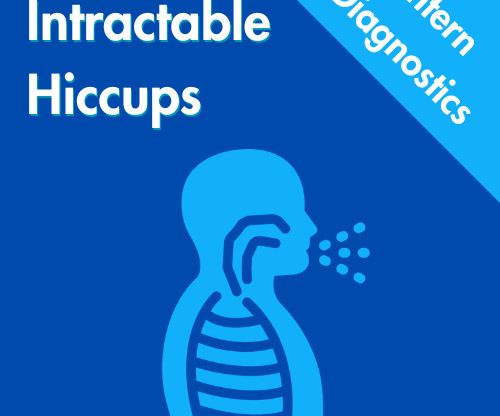REBEL Core Cast 105.0 – Methylxanthine Toxicity
RebelEM
JULY 26, 2023
Adenosine antagonism may lead to seizures and/or supraventricular tachycardia that is unresponsive to pushes of adenosine. Hemodialysis should also be considered in cases of refractory shock, dysrhythmias, or seizures. Eldridge 1989) Thus adenosine antagonism may lead seizures and/or status epilepticus. ipratropium). Exp Neurol.















Let's personalize your content